
News writer; Opinion columnist
For all the money at stake, lotteries are relatively simple games. You buy a ticket, and if you match the winning numbers, you take home the prize. While the odds of winning a big jackpot are minuscule, you trust that at least the games are fair and everyone who buys a ticket has the same odds of winning.
But is the game still fair if the organization that regulates lotteries also works with wealthy players to guarantee a jackpot win? Many Texas Lottery players say that this is precisely what happened when Texas state authorities ignored their own rules to work directly with a private buyer syndicate to help them buy a jackpot-winning ticket worth $95 million.
Lotto Texas
Texas Lottery players weren't having much luck to kick off 2023. The state's biggest in-state game, Lotto Texas, went seven months, or 93 consecutive draws, without anyone winning the top prize.
Drawings were held every three days, and the cumulative jackpot swelled to a massive $95 million. Then, on April 22, the streak finally broke when someone correctly chose the winning numbers 3, 5, 18, 29, 30, and 52.
The winning ticket was purchased from a retailer in Colleyville, a town just outside Forth Worth.
It's a familiar story. One we've heard hundreds of times before. However, because of actions taken by the Texas Lottery Commission, the game's winner may have been determined before the drawing ever took place.
Move the odds
The only way to guarantee a win in a lottery draw game is to buy enough tickets to cover every possible combination. For big games, such as Mega Millions or Powerball, there are simply too many combinations and a high risk of splitting a jackpot to make this strategy worthwhile.
Other states, such as Virginia, actually make it illegal for one person to purchase every possible combination.
But Lotto Texas is different. To cover every possible combination, a player would need to purchase just 25.8 million tickets, and there is no law preventing a wealthy player or syndicate from doing exactly that.
Considering that a Lotto Texas ticket costs just $1 and the top prize for the April 22 drawing was $95 million, you don’t need a calculator to see that the jackpot was worth almost four times as much as what it would cost to buy every ticket.
Even accounting for taxes, a player who purchased every ticket would be guaranteed to make a profit of millions, which is what some people allege happened with the April 22 Lotto Texas drawing.
Rooked
To unravel this mystery, we should start with who won the drawing. Unfortunately, because Texas state law allows anyone who wins over $1 million in the lottery to remain anonymous, little is known about them.
We do know that on June 22, 2023, the Texas Lottery issued a check worth $57.8 million, the cash payout amount, to a limited partnership based in New Jersey known as Rook, TX, formed just two weeks before the April 22 drawing.
Because the partnership was registered in Delaware, which has strict corporate secrecy laws, its members' identities are unknown.
If Rook TX had only won the jackpot, it's possible that they just got lucky. However, the partnership also cashed in 288 tickets that correctly picked five of the six winning numbers. The combined value of these tickets was over half a million dollars.
According to math professor Tim Chartier, there were 288 combinations of numbers that could have won the second-tier prize based on the number range Lotto Texas uses. Chartier claims that the odds of winning the jackpot and every possible second-place prize would be statistically nearly impossible without buying up the game's entire allotment of tickets.
Additionally, while most Lotto Texas drawings see ticket sales in the 1-2 million range, the April 22 drawing saw ticket sales exceed 28 million.
As we mentioned, buying this many tickets isn't illegal. Still, it should be almost impossible in practice because any player would have only three days between drawings to purchase the 25.8 million tickets needed to cover every possible combination.
Texas law states that tickets can only be purchased at authorized retailers, and most retailers have only one or two lottery ticket machines. To have every combination of numbers, a thousand people working together must purchase 25,000 tickets each, which is more than most stores can print in a day.
However, all of Rook TX's millions of tickets were purchased from just four different retailers. While this should be impossible, the buyers benefited from some significant cooperation from the same Texas state regulators tasked with ensuring the game is fair for everyone.
The big buy
While state law mandates that lottery tickets must be purchased in person at a physical retail location, lottery couriers are allowed to operate in Texas with little oversight, and this was the key to Rook TX, buying so many tickets in so short a time.
Technically speaking, a lottery courier service doesn't sell lottery tickets. Instead, they allow you to hire someone who will go to an authorized retailer and buy a ticket on your behalf. In order to streamline their operations, some of these courier services actually operate their own retail locations so that they can, in essence, sell tickets to themselves.
The four locations where Rook purchased tickets were all affiliated with courier companies, including Lottery.com, which sold the winning ticket at its Colleyville location. In total, that small store sold 11 million tickets in the three days before the April 22 drawing.
Usually, that location has only one ticket printing machine, but just one day before tickets were sold for the April 22 drawing, they requested and received 12 more machines from the Texas Lottery Commission. Then, immediately after the drawing took place, most of those machines were sent back.
While it's legal for anyone to buy as many tickets as they'd like for a drawing, some are asking if the Commission broke its own rules to help wealthy, out-of-state investors guarantee themselves a jackpot.
The Commission
When Lottery.com requested additional ticket printing machines for two of their retail locations, the Commission fulfilled their order within 24 hours. However, based on the Commission's rules, Lottery.com should not have been allowed to operate as a retailer in the state.
Texas law requires all authorized lottery retailers to be open to the general public and engage in a business other than selling lottery tickets. This is why tickets are typically sold at liquor stores, gas stations, and grocery stores.
However, the Colleyville location that sold the winning ticket was an unmarked storefront in a strip mall. Its only business was selling tickets for Lotto Texas drawings. It was allowed to function for the exclusive use of the Rook TX buying group.
Additionally, the Texas Lottery Commission requires that retailers deposit money from lottery sales into bank accounts accessible to the Commission so they can collect their share of ticket proceeds. However, at the time of the drawing, Lottery.com had no active bank accounts, which should have made them ineligible to serve as an authorized retailer.
While all publicly available evidence indicates that the Commission favored businesses working with Rook TX for the April 22 drawing, Steve Helm, a spokesperson for the Commission, denied knowing who was buying the tickets in a written statement.
Helm wrote:
As the Texas Lottery does not track sales by individuals or groups at the time of purchase, the agency cannot confirm the claimant you're referring to purchased every number combination to guarantee a win.
While this statement is technically true, it would have been impossible for the Texas Lottery Commission not to be aware of the massive increase in ticket volume for that drawing, which had to be attributable to more than individual players.
The Commission had to know that a large buyer was tilting the odds in their favor and that by bending the rules to facilitate their purchasing, they were actively helping the buyer guarantee a jackpot win.
Lack of oversight
This year, an in-depth report published by the Texas State legislator found that while the state lottery thrives at selling tickets, it had done so in part by ignoring some of its own rules and failing to enforce legal regulations.
The report states:
Having found a way to be successful at its most visible function, raising revenue, the agency has been unwilling or unable to adapt to a changing environment or fully embrace some of its regulatory responsibilities.
While courier services are either banned or heavily regulated in other states, the investigators found that the Texas Lottery Commission has largely taken a hands-off role in monitoring these services and ensuring their compliance with state law.
Big winners/big losers
While no specific allegations of wrongdoing have been made against the Commission, critics argue that by helping Rook TX guarantee a win, they were disadvantaging other players.
While the advertised jackpot was $95 million, under the circumstances of the April 22 drawing, it would be impossible for any player other than Rook TX to win more than half of that. Some players may have skipped the drawing entirely if they knew that one winner had essentially been pre-selected.
Furthermore, by not enforcing their rules and helping ineligible courier services print more tickets, they did special favors for Rook that weren't available to other players.
The Texas Lottery Commission should be impartial toward winners to ensure that games are run fairly and according to the rules. However, if they did assist Rook TX in purchasing 25 million tickets, they were explicitly helping one group gain an advantage over all other players.
While the Commission doesn't take any part of the jackpot, the massive increase in ticket revenue could have been an incentive to help Rook TX spend millions of dollars to ensure a big win.
Going rogue
Buying out an entire draw isn't a new concept. In 1992, a mathematician named Stefan Mandel did that to win a Virginia state lottery jackpot. The difference is that Mandel didn't work with the state of Virginia to buy his tickets.
Did the Texas Lottery Commission go too far by helping a wealthy buyer group secure all the tickets they needed for a guaranteed jackpot? Texas lottery players deserve an answer to this question as much as they deserve to play in a fair game that anyone can win.
Latest Update
On 8/24/2024, the Texas State Lottery Commission announced changes in response to the revelation that it had colluded with out-of-state investors to help them guarantee a lottery win.
The commission implemented the changes after state lawmakers expressed outrage that the organization seemed to favor the investor group over regular players.
In a hearing held by the state senate, Senator Tan Parker (Flower Mound) said:
There’s no question in my mind that the integrity [of the lottery] was lost in this process. I’m even more concerned with the report that it seemed as if the staff was supportive of and working with the organization.
While the lottery commissioners continue to claim that nothing improper was done, they have taken steps to ensure that mass ticket buying by an individual or investor group will be more challenging in the future. These changes include having the commission's legal staff provide thorough reviews of any request for new ticket printing machines, especially if those requests come from retailers known to be low-volume sellers. The commission claims that this will prevent the machines from being rapidly issued in time for a specific drawing.
They also claimed to have implemented other changes that would discourage mass ticket buying but have declined to discuss those changes publicly. Some experts claim that the changes do not go far enough, and it would still be possible for an investor group to buy out the tickets for a single draw. Ultimately, it will be up to state lawmakers to implement more serious and permanent changes that can protect the integrity of the game.
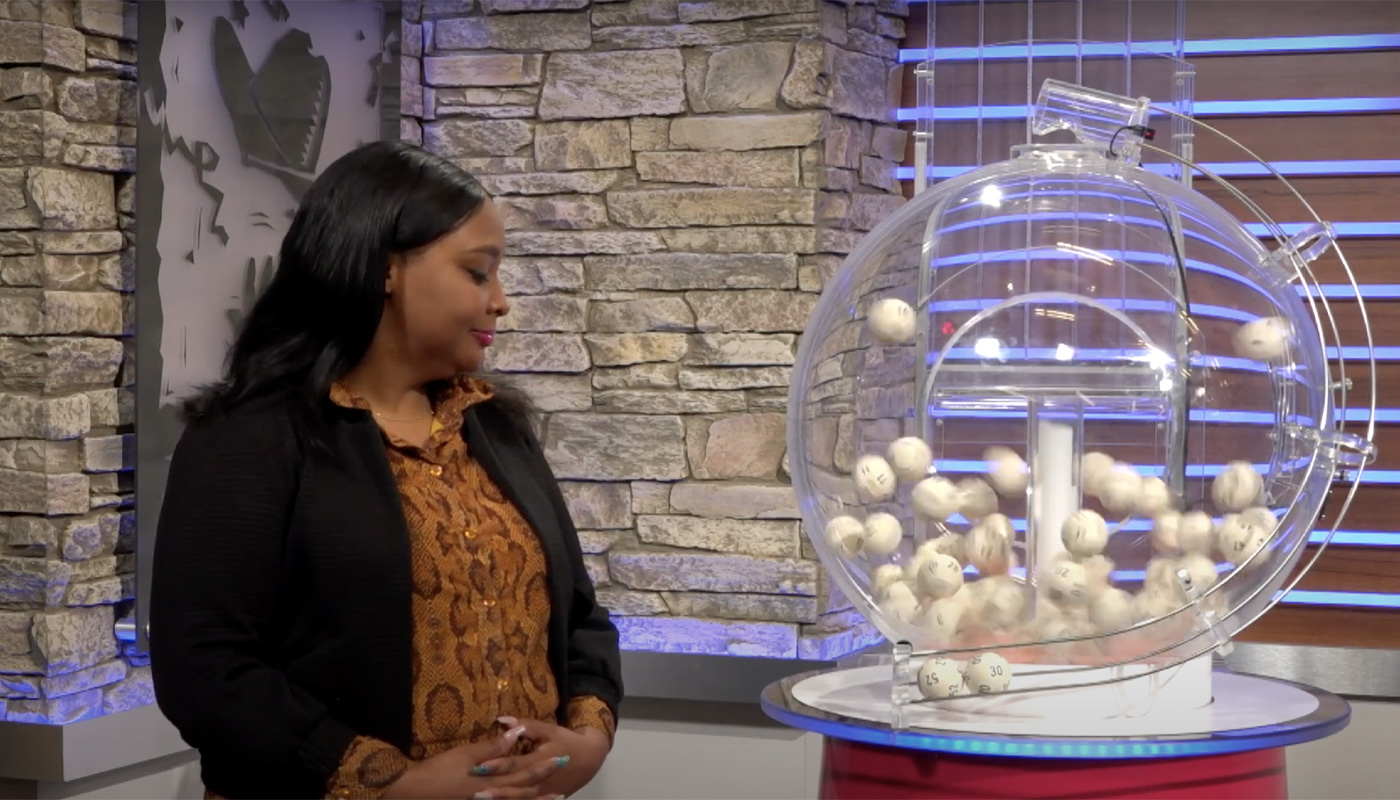




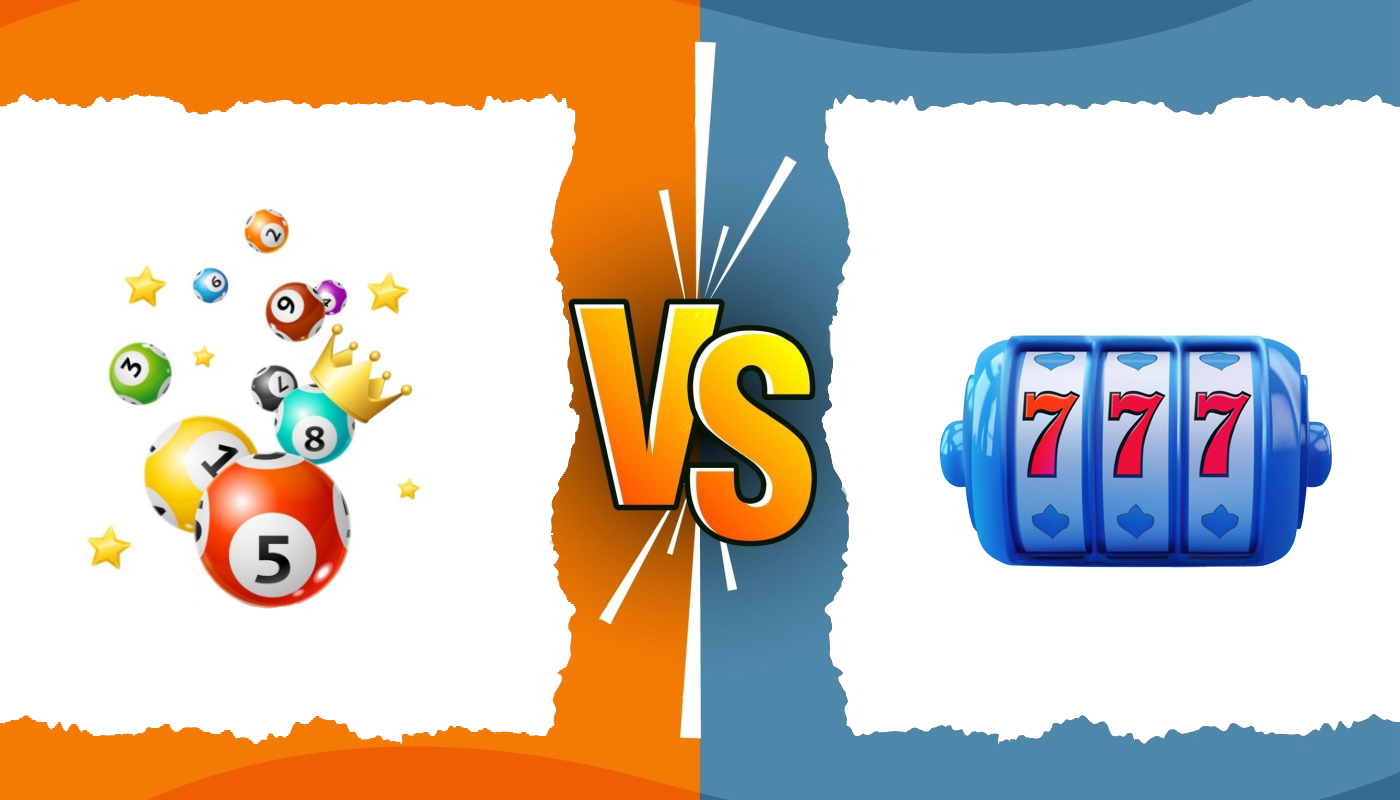

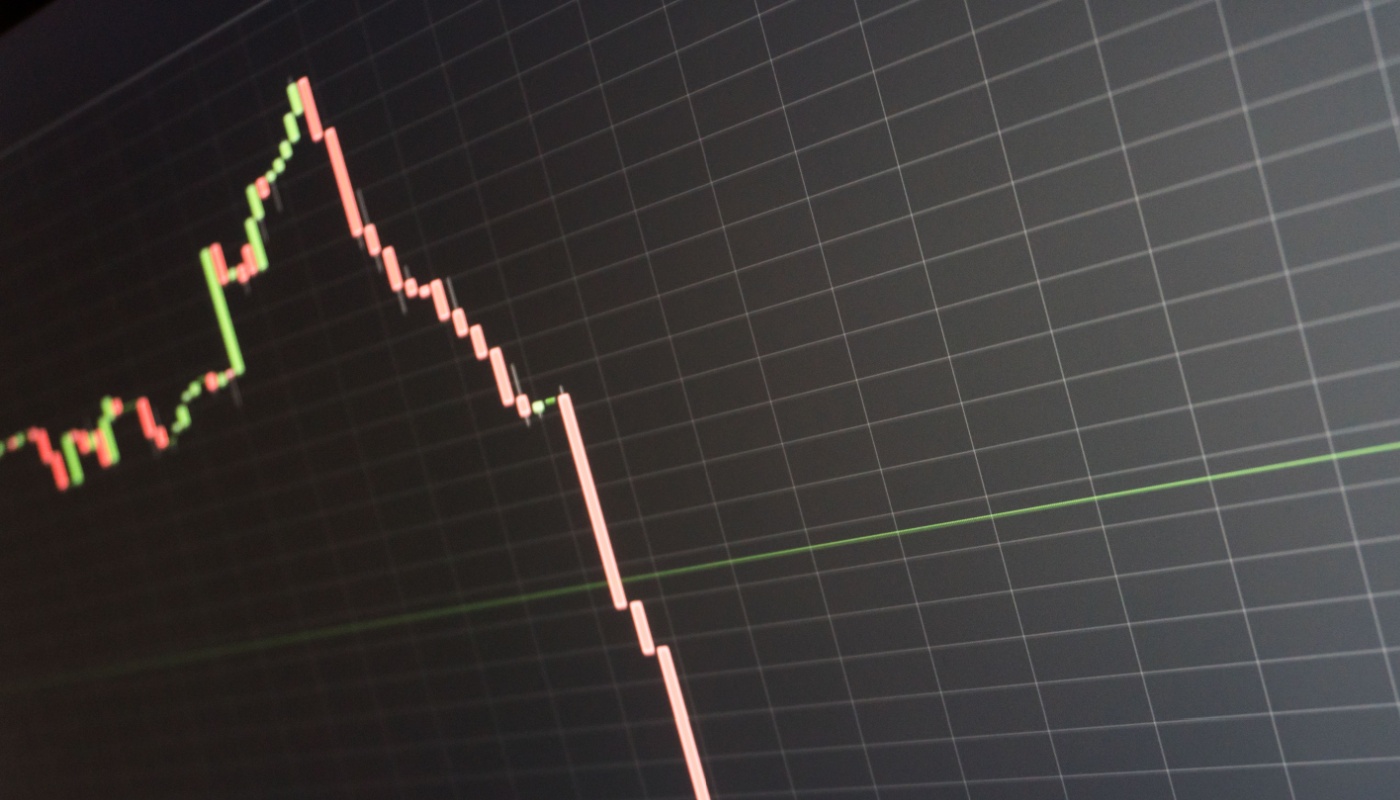
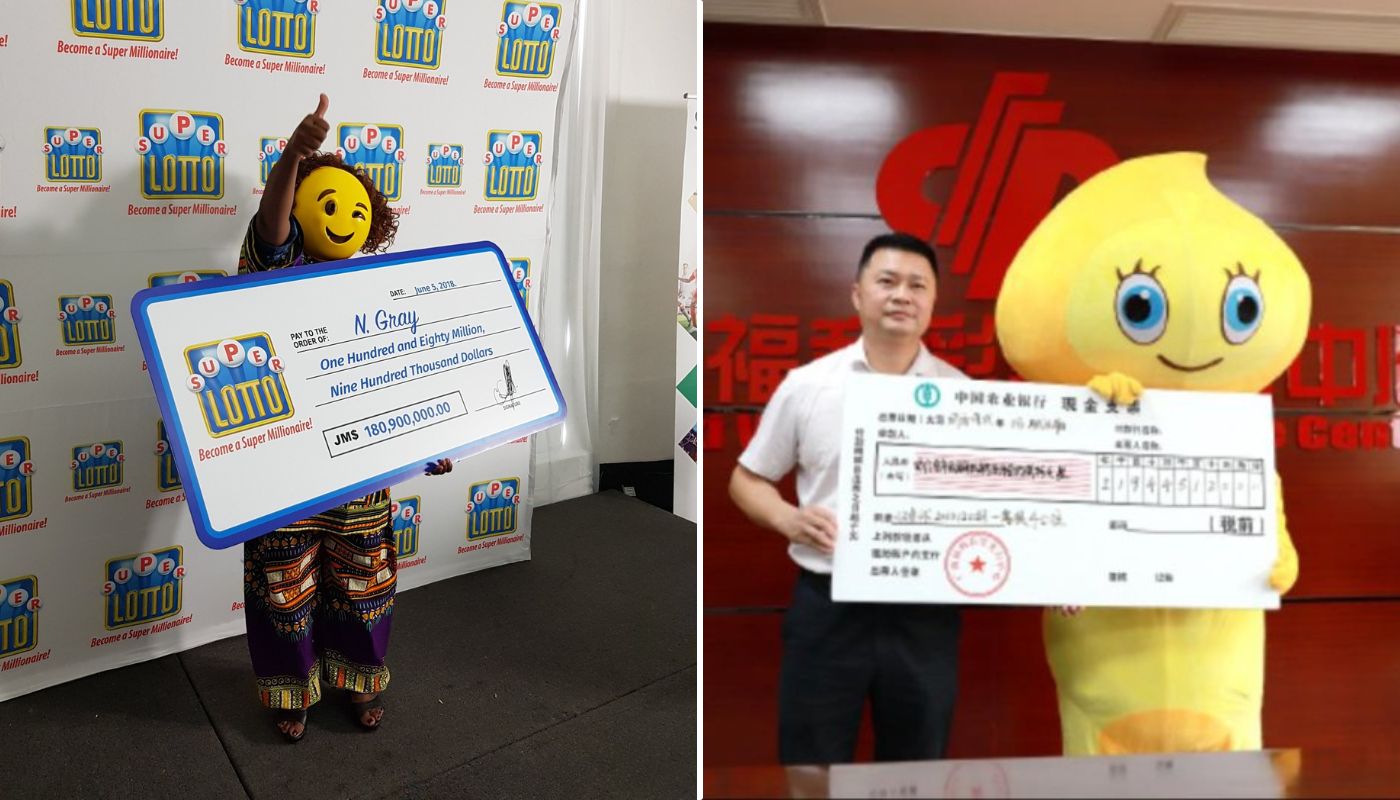
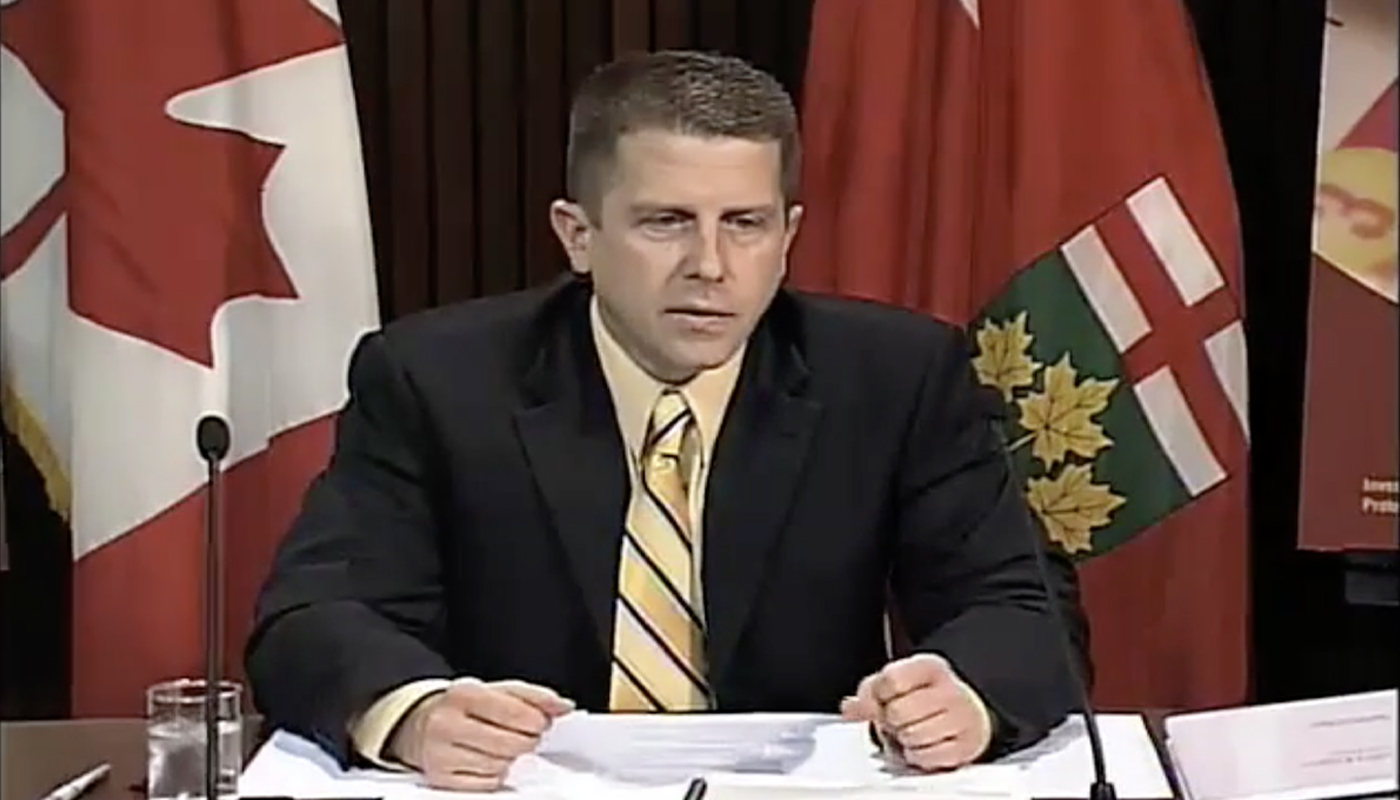








Comments